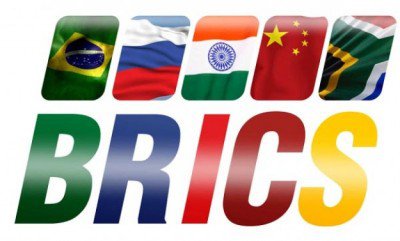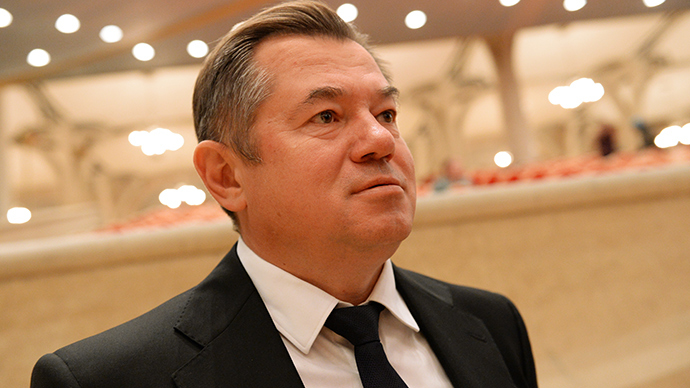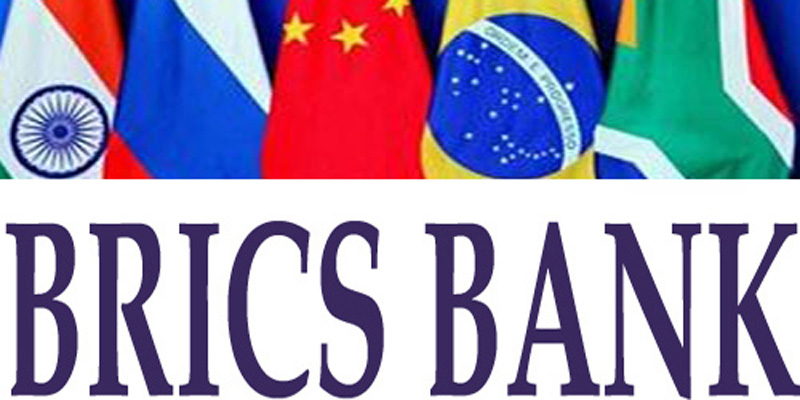The Bank of the South, an institution to promote integration and competitivity in South America, will begin working with an initial budget provided by the leftist governments of Bolivia, Ecuador and Venezuela.
The initiative was born after many Latin American leaders denounced the World Bank and the International Monetary Fund (IMF) for tying neoliberal, pro-austerity reforms to their loans, which they denounced as a form of neo-colonialism aimed at keeping poor countries in debt.
The announcement was made on Friday during the Third Meeting of Finance Ministers of the Bank of the South, hosted at the Quito headquaters of the regional bloc UNASUR.
The three governments agreed to contribute, within the next 30 days, the initial 5 percent of the annual total capital for each of its members.
The countries will deposit US$4.5 million through their respective central banks to cover the costs of operation and administration in the pre-operative stage of the bank.
The Bank of the South has a fund of US$7 billion, in which Argentina, Brazil and Venezuela have given US$2 billion each; Ecuador and Uruguay US$400 million each; and Bolivia and Paraguay US$100 million each.
Other countries in the region, like Colombia, Chile, Guyana, Peru and Suriname were also invited to join the financial alliance.
Ernesto Samper, head of UNASUR, said the Bank of the South was crucial to boost the competitiveness of South American countries. According to Samper, these funds will be used for development projects in the region. The creation of the bank also supports interregional commerce in each country’s official currency.
Joseph Stiglitz, a Nobel prize-winning economist, and former World Bank chief economist endorsed the Bank of the South during a press conference in 2007. “One of the advantages of having a Bank of the South is that it would reflect the perspectives of those in the south,” said Stiglitz.
According to the economist, the bank would boost the region’s development and would be an alternative to loans given by the World Bank and the IMF.











